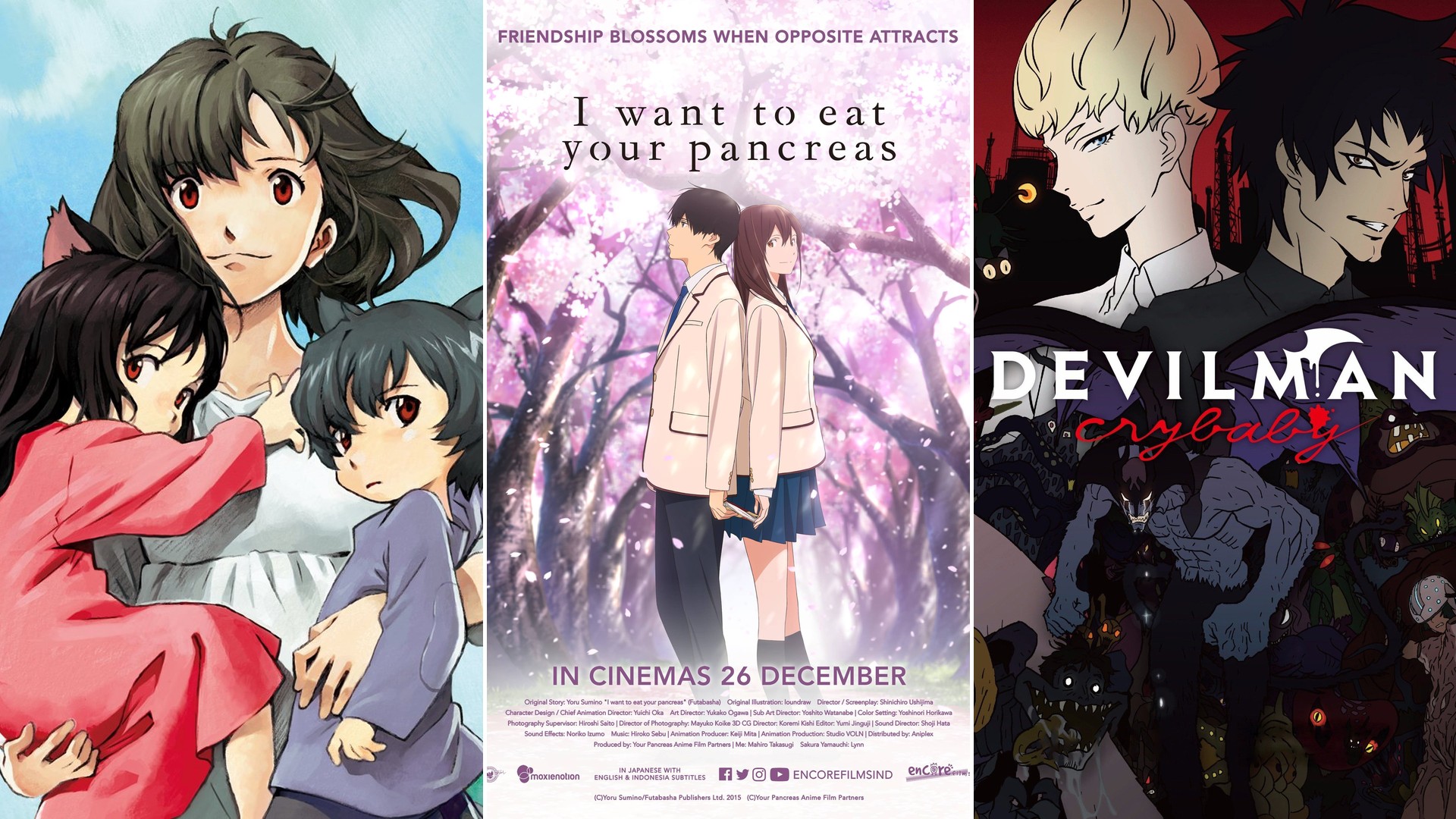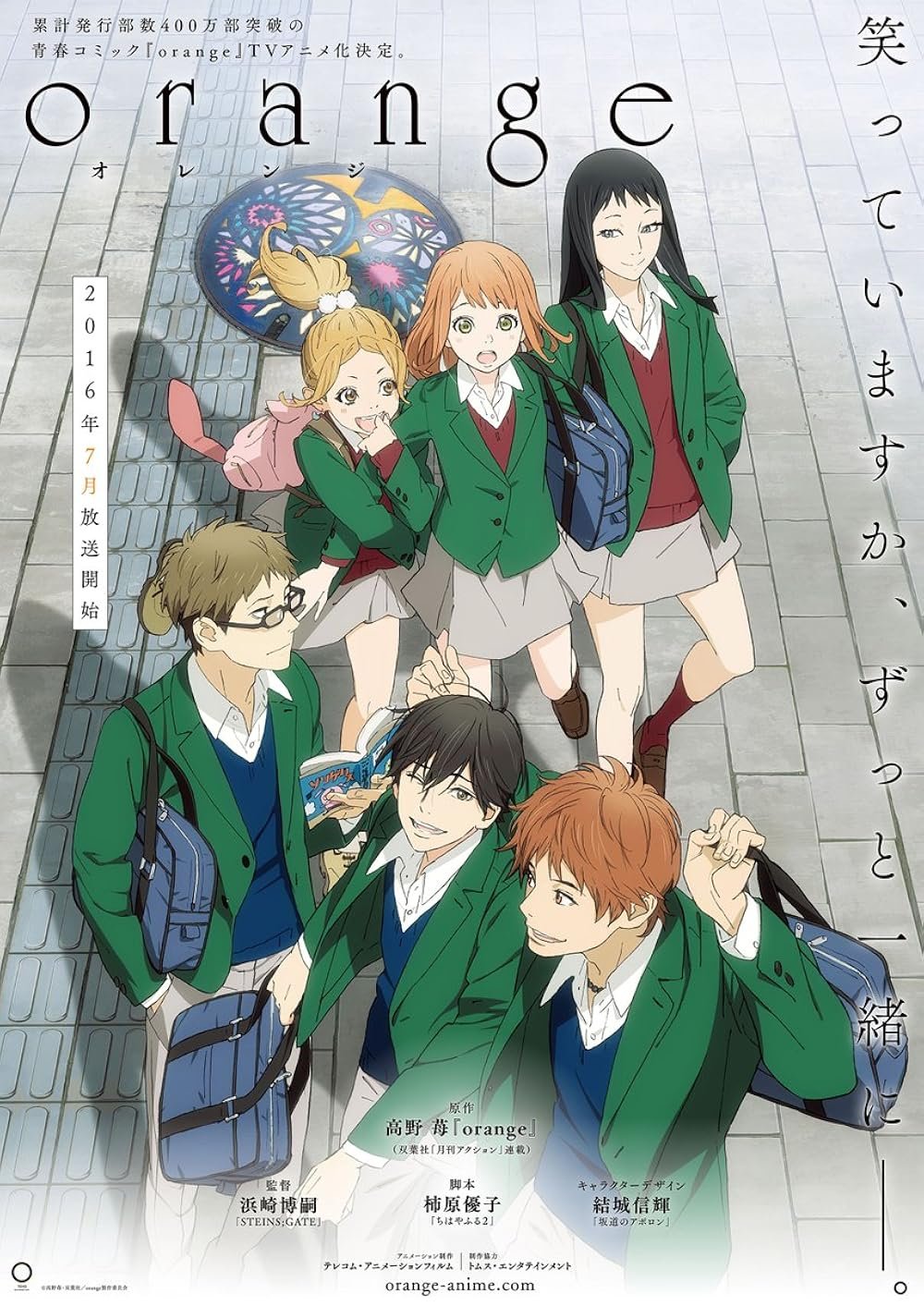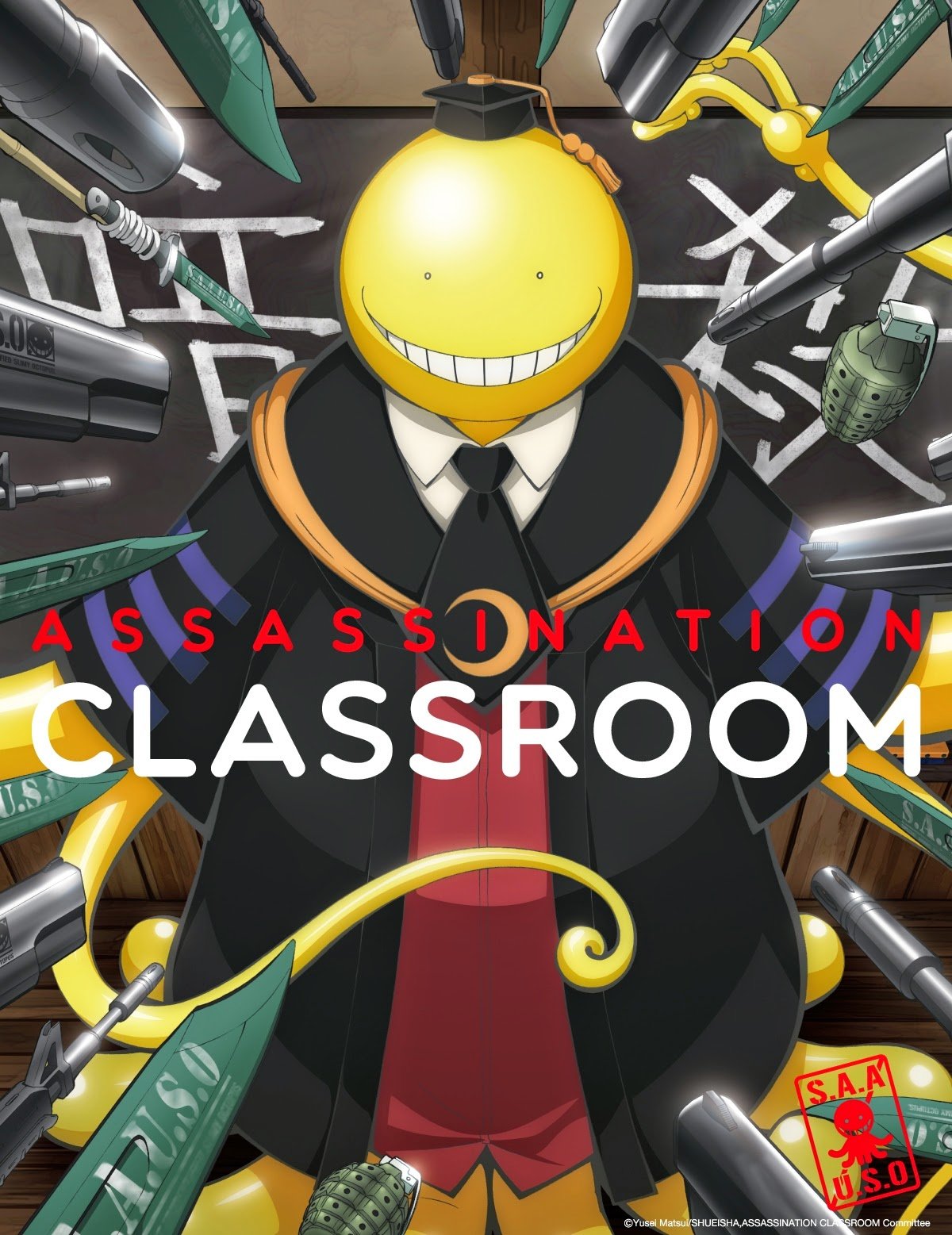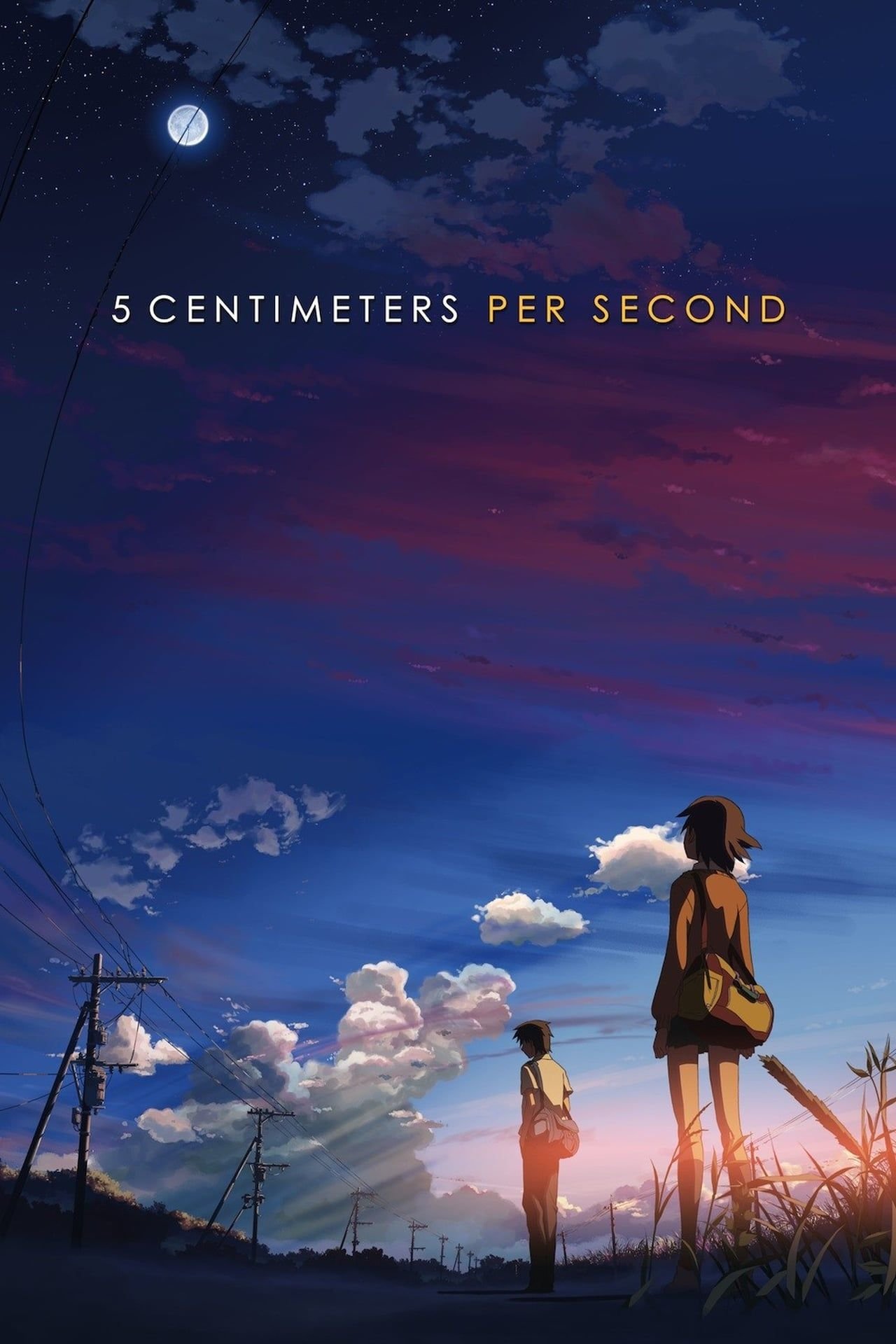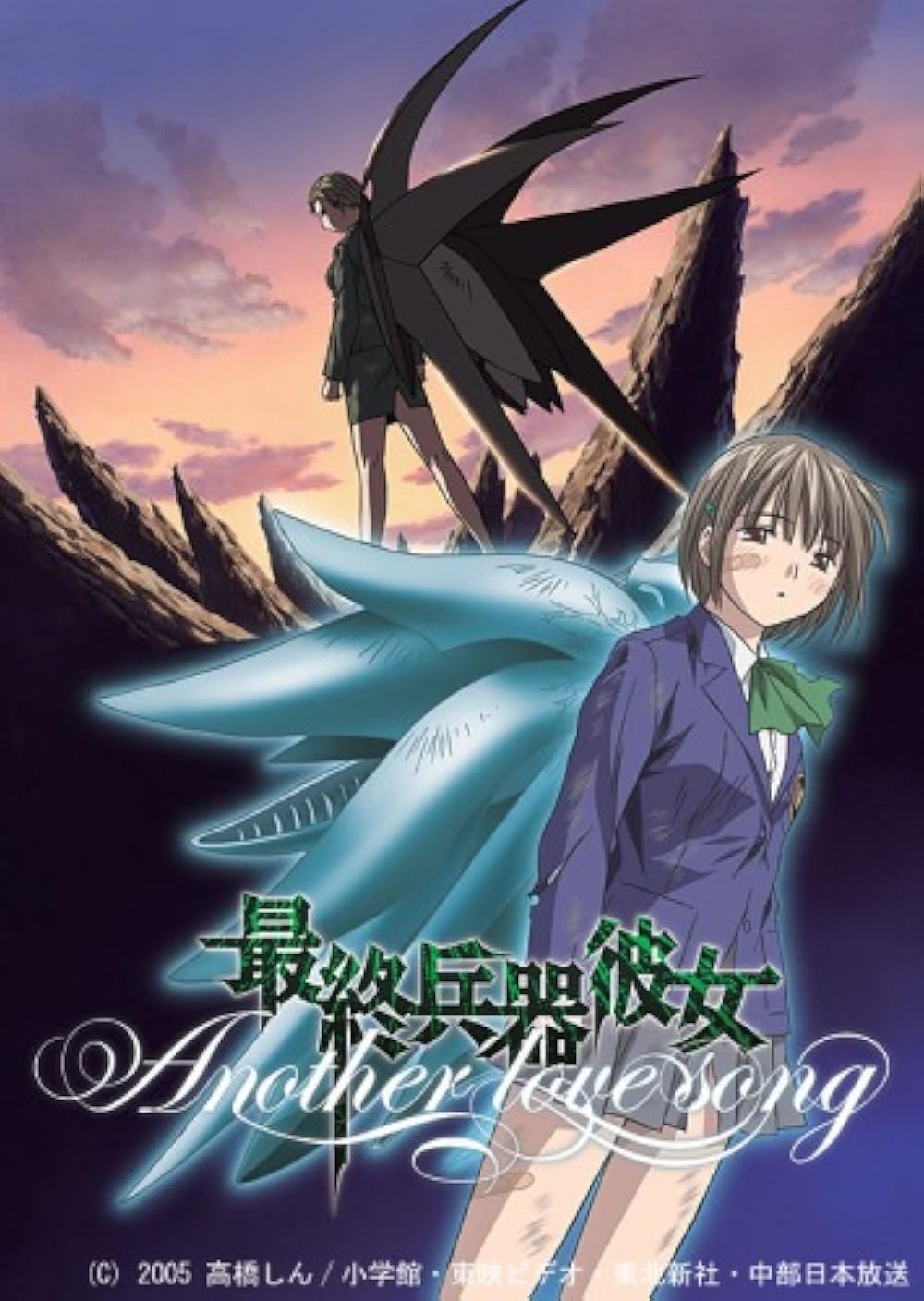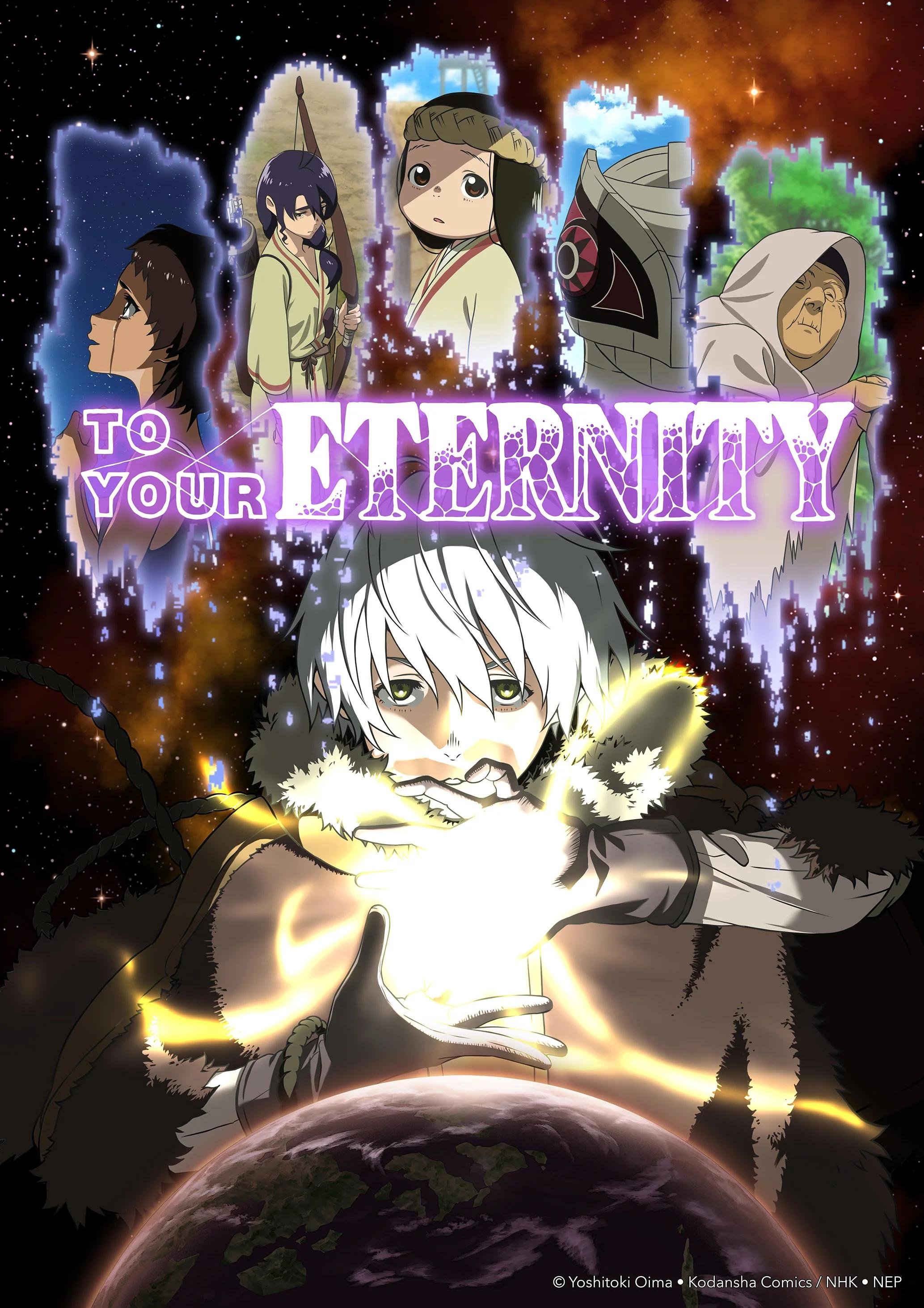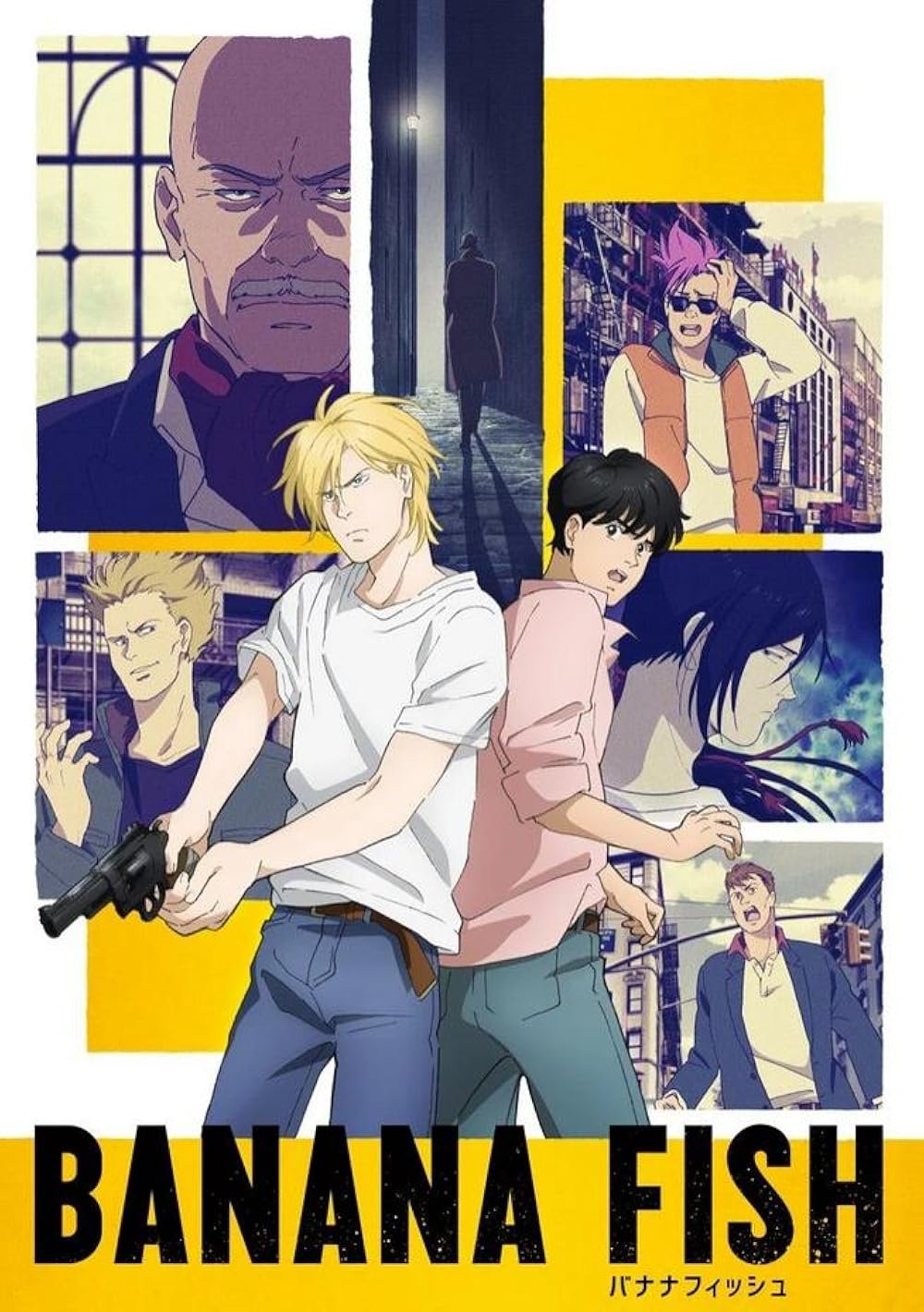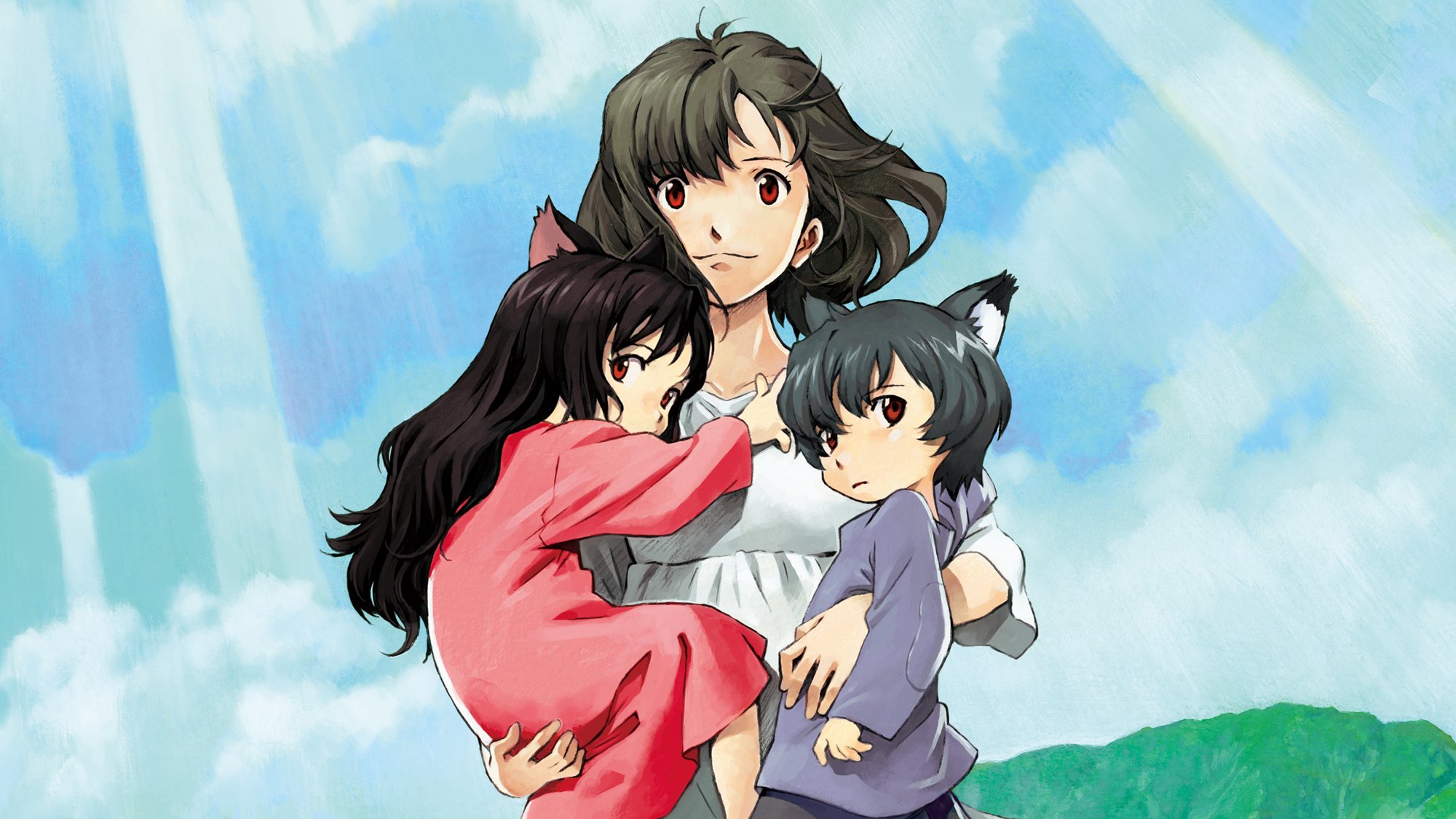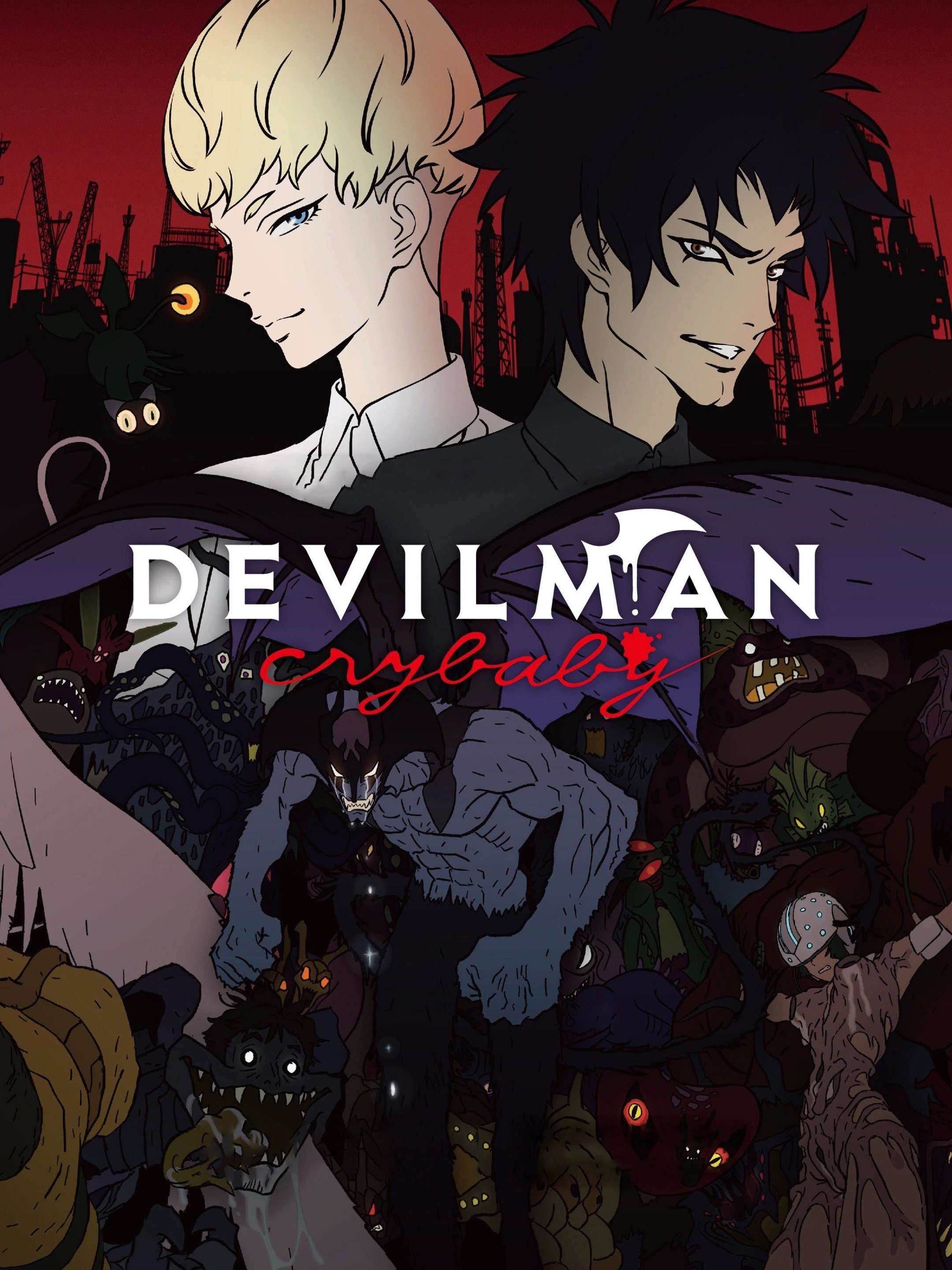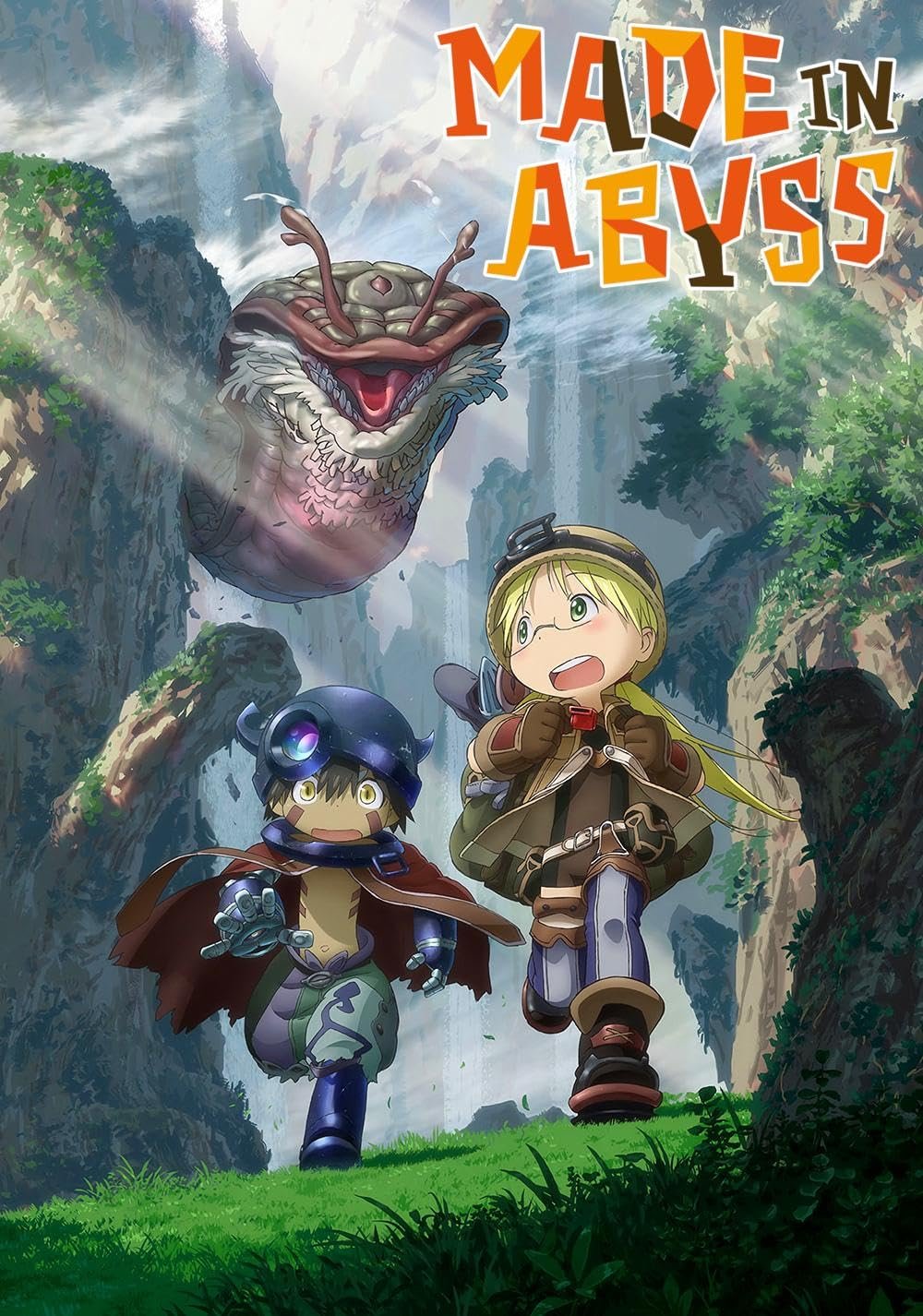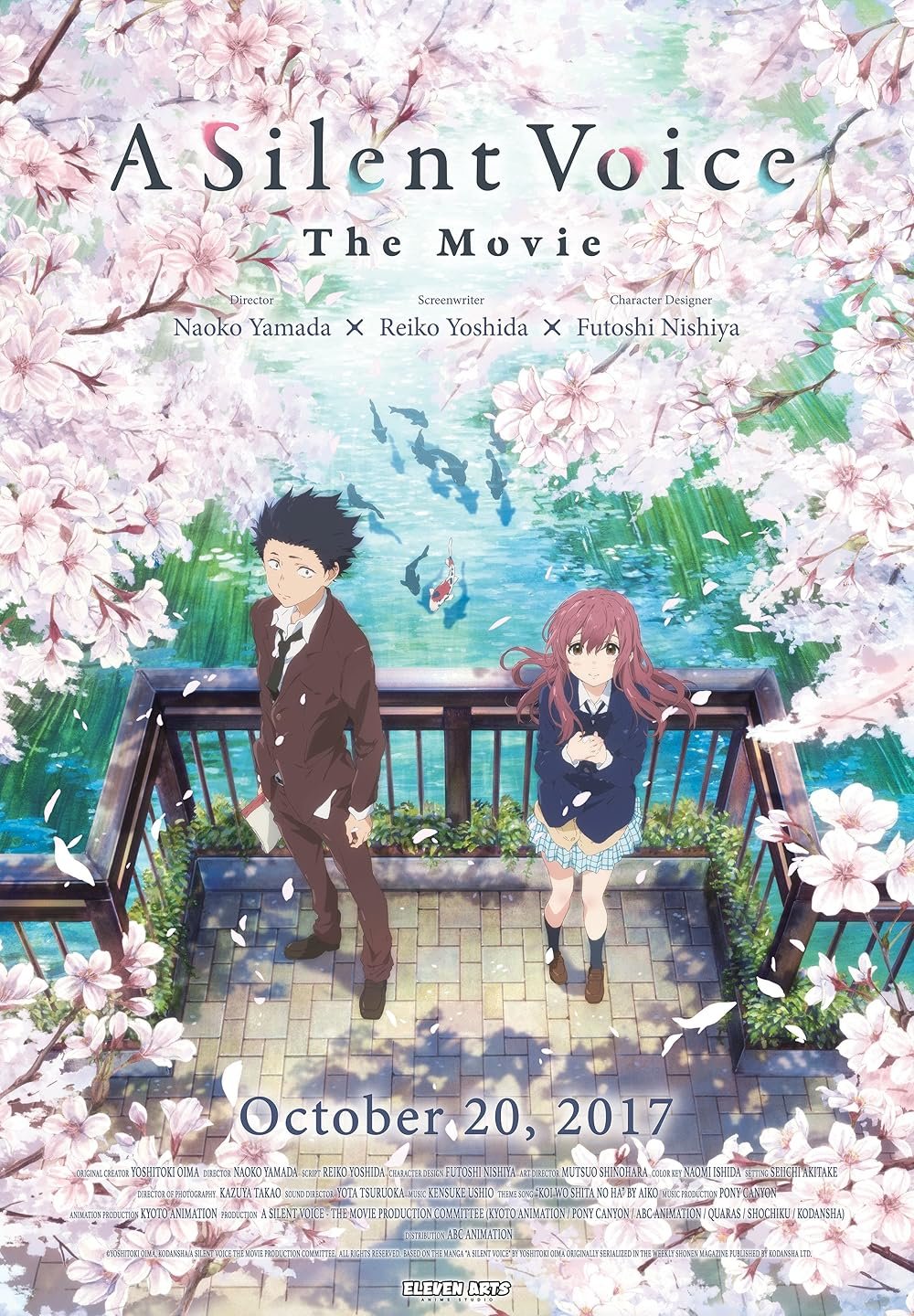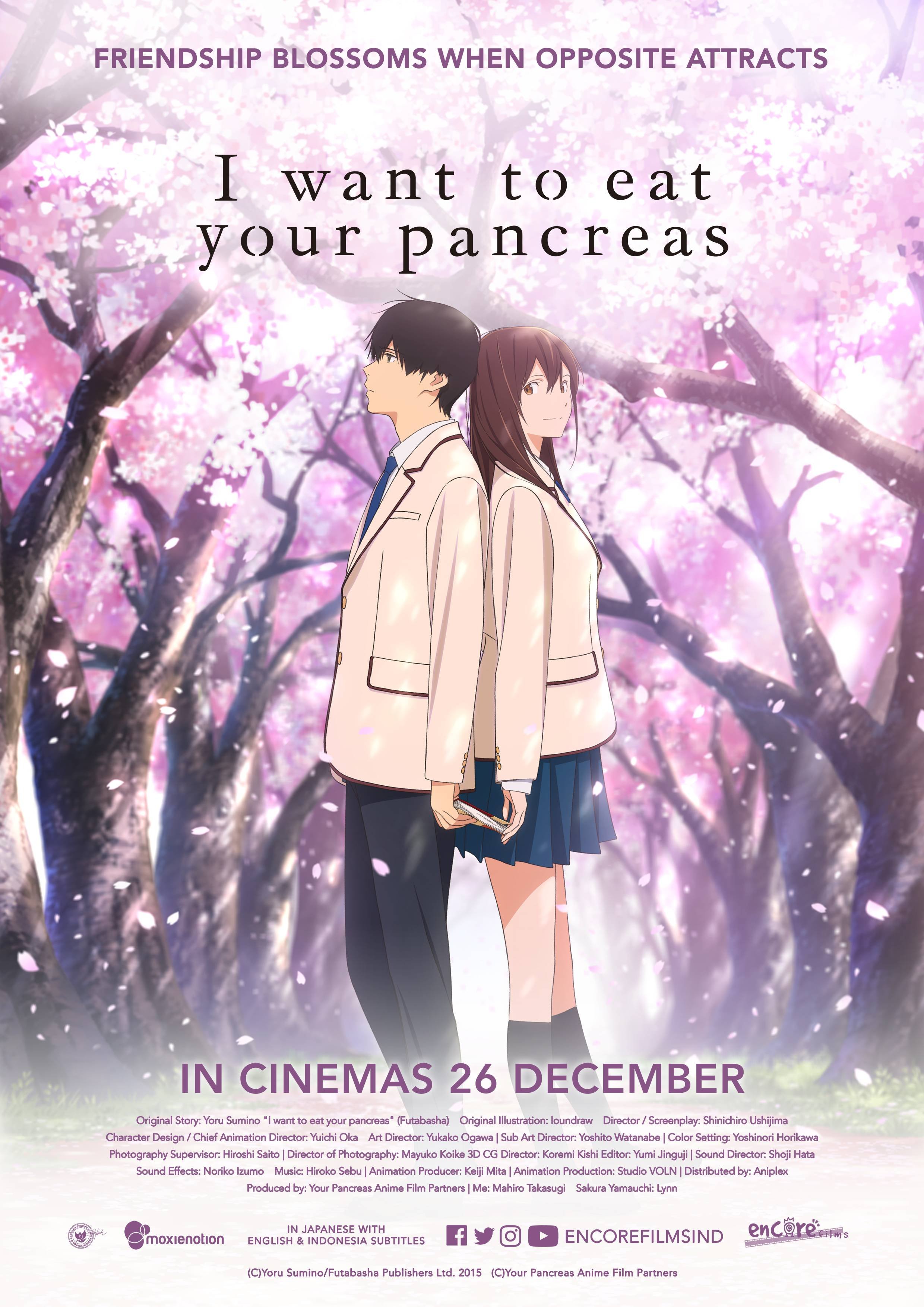Some stories stay with you because they face loss and love without flinching. This list highlights saddest anime that move viewers with quiet moments, hard choices and the kind of endings that linger. We avoid heavy plot details where possible, but mild theme spoilers are hard to dodge.
These picks span different eras and styles, from school drama to war tragedy. Each title earns its place for how it treats grief, memory and growing up. If you need a good cry or a reminder that healing takes time, these are the shows and films to watch.
#18 Orange
Orange follows a group of friends who receive letters from their future selves urging them to protect a classmate struggling with guilt and depression. The premise turns simple school days into a tense countdown where kindness matters as much as courage. It treats teen mental health with care and shows how small acts can change someone’s path.
The show balances light club scenes with heavy talks about regret. You see how silence isolates and how sharing a burden can let someone breathe. The letter device is less about time travel rules and more about giving characters permission to say what they were afraid to say.
What hurts most is how ordinary everything looks while real pain builds underneath. The friends learn to notice signs, to show up and to keep showing up. The power of community is the heart of this story.
By the end, the series argues that saving someone is not one big act but many small ones. It respects the reality of depression and urges gentleness without turning away. That honesty is why it hits hard.
#17 Assassination Classroom
On paper, Assassination Classroom sounds absurd. A superbeing teaches a class that is supposed to kill him before graduation. In practice, it becomes a story about self-worth, second chances and the bond between students and a teacher who believes in them when no one else does.
The show spends time on each kid’s struggle and growth. The jokes never hide the fact that their teacher’s life has a clock on it. When the class faces what that means, the humor gives way to a quiet kind of mourning that feels earned.
Its sadness works because they learn how to live. That final lesson is about gratitude, about letting go with dignity and about carrying a teacher’s faith into the future. Few school stories land their farewell this well.
#16 5 Centimeters per Second
5 Centimeters per Second captures distance in slow motion. Two kids connect, then life pulls them apart by trains, schedules and the weight of time. Every frame cares about silence and snowfall. The sadness is not dramatic. It is the ache of almost.
Makoto Shinkai focuses on letters that arrive late, calls not made and chances missed because the world keeps moving. The film asks how many small delays it takes to change a life. That question sits in every quiet cut and lingering shot, filled with longing.
What makes it sting is how believable it feels. You see how love can thin out, not from betrayal but from days stacking up. The film’s title refers to cherry blossoms falling, a gentle image that hides sharp loss.
It does not promise closure. The final crossing scene is simple, even mundane and that is the point. Sometimes you keep walking because there is nothing else to do. The film respects that truth.
More than most romances, this one understands that timing can be cruel. It leaves you with a quiet room and a heavy chest, thinking about what-ifs.
#15 Saikano
In Saikano, a shy girl becomes a living weapon in a war she never chose. Her boyfriend watches as the person he loves slips away, piece by piece. The show blends everyday dating with air raids and moral damage that cannot be undone.
Its sadness comes from erosion. Each mission takes more from her body and memory. Their small-town dates feel fragile because you know what waits outside. The romance is not a break from war. It is a plea to remember the human inside the machine.
By the time the world cracks, the heartbreak has already happened. The question the show asks is what love means when the self is fading. That is a brutal, simple question and the story never looks away from it.
#14 Air
Air looks like a summer day, then slowly reveals a curse that spans lifetimes. A traveling boy meets a girl whose smiles hide exhaustion and the season becomes a countdown. The soft art and music make the final stretch feel even more fragile.
Rather than big plot turns, it leans on mood. Cicadas, sunlight, a hand reaching out. The story uses fragments of myth to explain a present-day sorrow, but the emotional impact stays grounded in care and small kindnesses.
When the arc closes, it feels like the end of a long, hot day that you wish could last. What remains is a memory of wings, beach air and a promise that love can outlast pain, even if people cannot.
It is one of those shows where a single line or lullaby can bring back the whole summer. That is why fans still talk about its ending.
#13 To Your Eternity
To Your Eternity begins with an orb that learns to be human by losing people it cares about. Each arc introduces a new bond and a new goodbye. The show turns immortality into a study of grief and memory.
Its tears are not cheap. People live full, sometimes messy lives, then they leave. Fushi carries their lessons and their shapes, a heavy blessing he never asked for. The result is a road story where love teaches and loneliness tests.
Because each farewell changes Fushi, the sadness also builds hope. The show keeps asking what growth costs and whether it is worth it. That question gives the quiet episodes their weight.
#12 Banana Fish
Set in New York’s underworld, Banana Fish follows a gifted gang leader and a kind boy from abroad who finds himself pulled into a violent web. Their bond becomes a light in a city that keeps trying to snuff it out. The show is tense, stylish and deeply tragic.
It handles trauma without softening it. Abuse, corruption and power leave scars that do not fade. What saves the story from despair is the tenderness between the leads, a fragile space where they can be honest and safe for a moment.
Every small joy feels borrowed time. A smile in a bookstore. A quiet meal. You feel the danger in the background of each scene, reminding you that this world rarely lets good things last. That tension makes the ending hit harder.
More than a crime thriller, it is a story about dignity. The fight is not only against enemies but against despair itself. That is why its last notes are so haunting.
Also Read
10 phrases that sound supportive but are actually a subtle sign of manipulation
Even in a city that never sleeps, some promises stay quietly awake.
#11 Wolf Children
Wolf Children begins with love and a sudden loss, then follows a young mother raising two kids who are both human and wolf. It is tender, domestic and honest about how hard it is to parent alone. The sadness comes from the work of letting go.
The film treasures small tasks. Fixing a roof. Packing a lunch. Smiling through worry. The kids grow in different directions and the mother learns to respect paths she cannot walk. That respect is what gives the story its heart.
By the time the storm hits, you feel like part of the family. The film leaves you grateful for quiet courage and the kind of love that chooses to stay. It is a gentle, lasting cry.
#10 Plastic Memories
In Plastic Memories, androids called Giftia have a fixed lifespan. A retrieval team collects them before their memories fail. Two partners fall in love knowing there is a date they cannot cross. The setup makes every good day feel finite.
Also Read
10 Phrases That Sound Supportive But Are Actually a Subtle Sign of Manipulation
The show focuses on routine work and the people they meet. Some say goodbye with peace. Others hold on until the last minute. These cases shape the lead pair’s own choices and their quiet, everyday romance.
What hurts is how practical the system is. Forms, deadlines, polite smiles. The world moves on even when hearts do not. The final stretch asks what you would do with a little time left and answers with simple, human scenes.
It earns tears by honoring small habits and promises. Nothing grand, just two people choosing to show up until the clock says stop. That is the core of its impact.
#9 Devilman Crybaby
Devilman Crybaby starts as a wild party and ends as a howl. A kind boy gains power to fight demons and learns what that power costs. The pace is breakneck, but the emotions are stark and raw.
Also Read
People With Low Emotional Intelligence Often Miss These 6 Social Cues
It shows how fear spreads, how people turn on each other and how love cannot always hold a broken world together. The art style swings hard, yet the final message is simple and devastating.
Its grief is cosmic and personal at once. Friends, family, cities, all swept up. The last images are the kind you do not forget, not because they are cruel but because they tell a clear, bitter truth.
#8 Made in Abyss
Made in Abyss looks cute for one episode, then shows its teeth. Two kids descend into a vast pit where each layer trades wonder for risk. The Abyss is beautiful and cruel, a place where curiosity has a price.
The show builds dread with rules that feel real. The higher you climb out, the worse the curse hits. The gear matters. The maps matter. You learn to be afraid of whistles and notes on the wall. That detail makes each injury feel earned.
Also Read
8 Weird Habits You Don’t Realize You Have From Growing Up In A “We Can’t Afford It” Household
What breaks viewers are the lives touched by the Abyss. Some are trapped. Some are changed beyond recognition. Compassion becomes both a strength and a weakness and the kids have to decide what kind of people they want to be in a place that eats hope.
The Nanachi and Mitty arc is the series at its most tender and terrible. It shows mercy in a way few shows attempt. Those chapters define why this title sits among the saddest.
Even at its bleakest, the story respects courage. It understands that curiosity can be love and love can mean facing the dark.
#7 A Silent Voice
A Silent Voice follows a former bully who tries to make amends with the deaf girl he hurt. It treats guilt and self-loathing with rare care. The film listens to awkward pauses and missed signs as closely as any big speech.
Also Read
10 Phrases That Sound Supportive But Are Actually A Subtle Sign Of Manipulation
It is not tidy. Apologies do not fix everything. Friends carry their own pain and trust returns slowly. The movie shows how hard it is to forgive yourself and how much it matters when someone offers simple kindness.
The final images feel like a deep breath. Not a perfect ending, but a hopeful one. It earns that hope with honest work and that is why the tears feel clean rather than cheap. Many viewers see themselves in its silences.
#6 Violet Evergarden
Once a child soldier, Violet Evergarden learns to write letters for others and, through their stories, finds her own voice. Each client brings a different form of love and loss. The show is gentle with grief and careful with words.
Standout episodes involve letters sent across years, a sick parent writing for a future child and a playwright facing his past. None of it is flashy. It is the detail of stationery, the click of keys and a girl learning what “I love you” means.
Also Read
8 Cringey Phrases Older Relatives Use at Family Dinners That Younger Guests Dread
The war backstory gives weight to her growth. She wrestles with guilt and the question of whether she deserves peace. The series answers by letting her serve others first, which makes her own healing feel real.
By the end, tears come from gratitude as much as sorrow. It is a show about listening and it treats that act as something brave and kind.
